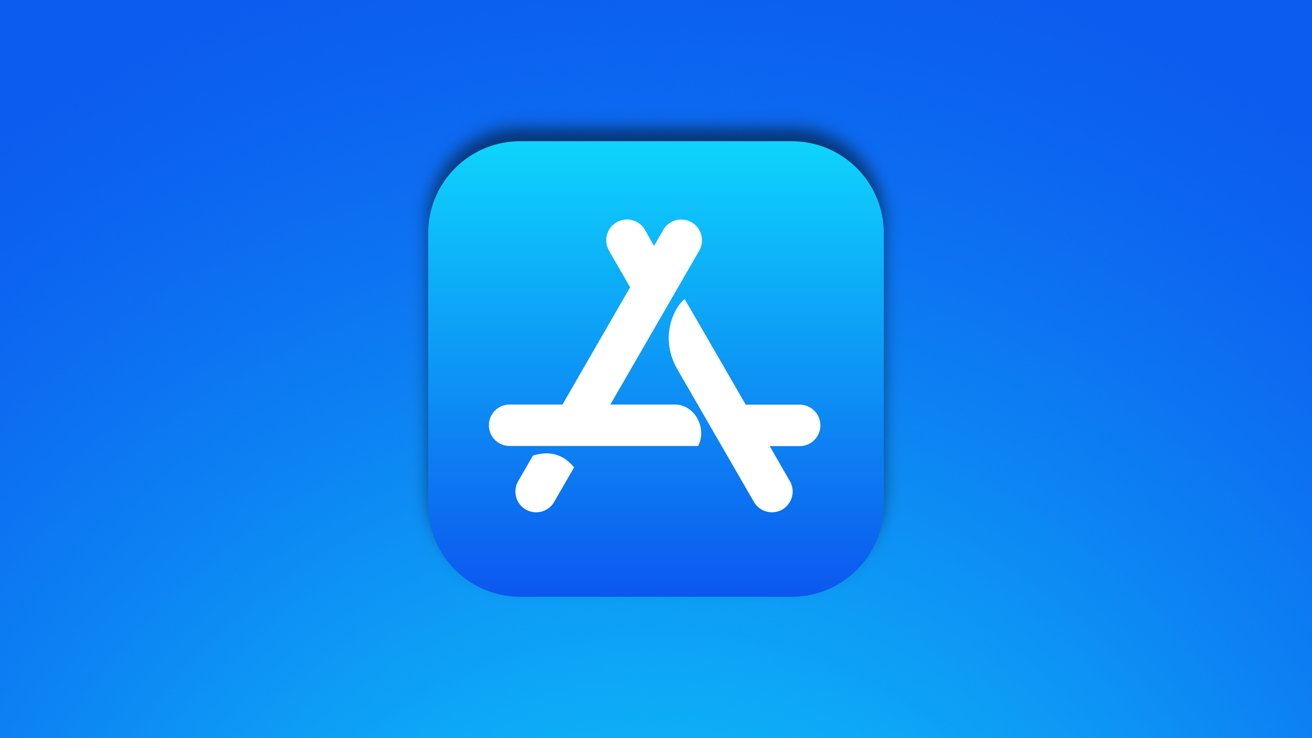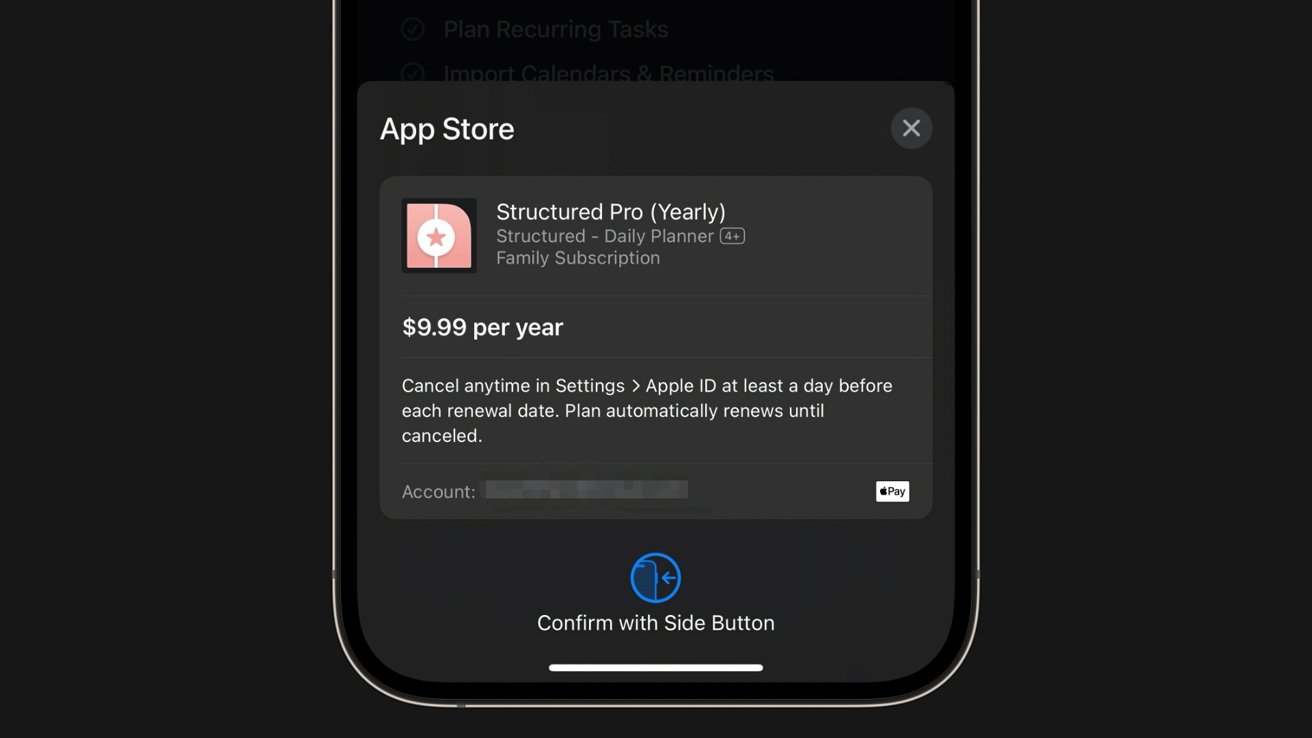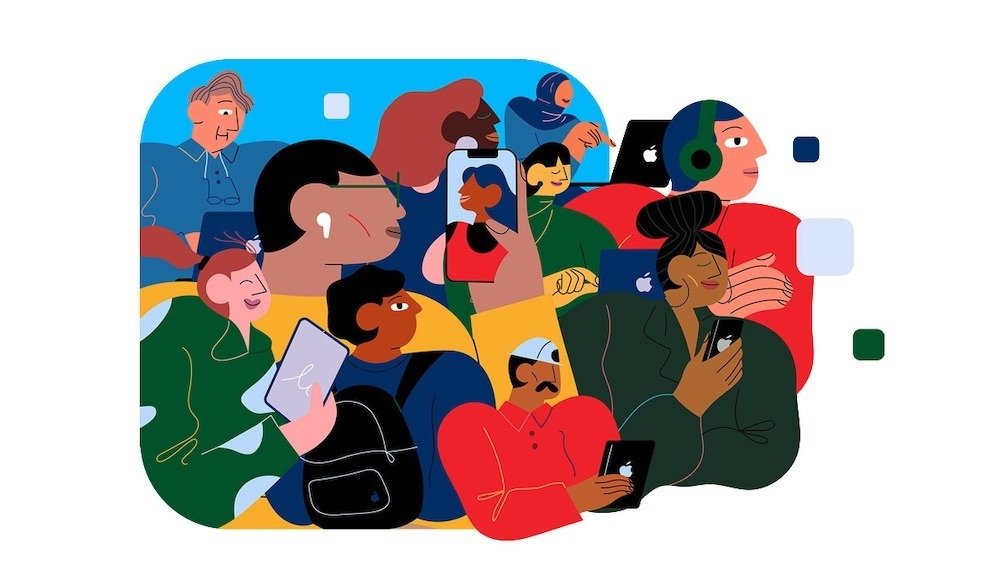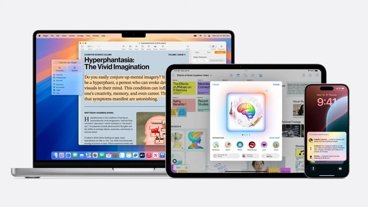Third-party app developers now have a method to push users to external purchase options, but with enough caveats that the in-app option may be preferable.
Apple's case against Epic has finally concluded since the Supreme Court refused to hear appeals from either company. That means Apple must comply with the one ruling it lost against Epic — to remove anti-steering guidelines.
According to two filings Apple made with the United States District Court, obtained by AppleInsider and embedded below, Apple will allow developers to point out external purchase options for in-app goods or services. However, there are many stipulations to this practice.
There are two guidelines the Epic ruling is overturning. Guideline 3.1.1 prevented apps from directing customers to alternative purchase mechanisms outside of the app. Guideline 3.1.3 prevented developers from communicating with users outside the app with contact information obtained within the app.
No more anti-steering
Starting January 16, developers can apply for an entitlement to provide a link within their app to a website the developer owns or is responsible for. The entitlement can only be used for iOS or iPadOS apps in the United States App Store.
Link Entitlement allows developers to steer customers to alternative options via app buttons or links with calls to action. Getting the entitlement requires direct approval after an application process, and any third-party payments made for in-app content must be made with a Level 1 PCI-compliant source — which may eliminate cryptocurrency as a payment method.
Developers must prove goods purchased via the external app link are for in-app use. They also must provide methods for disputing unauthorized transactions, managing subscriptions, and requesting refunds.
Apps participating in the Apple Video Partner Program or the News Partner Program are not eligible for Link Entitlement. Abuse of the entitlement or spamming users could lead to being kicked from the Developer Program and removal from the App Store.
Link Entitlement doesn't mean no more IAP
Developers hoping to avoid Apple's 30%/15% commission by removing in-app purchase (IAP) options altogether will be disappointed. In order to use the Link Entitlement, IAP must remain within the app.
Also, developers cannot discourage users from using IAP. The call to action can mention that customers can save money by going to an external payment option.
The external link can only appear once within the entire app, but not as a pop-up or modal window. That can be during onboarding, sign-in, or on a special order screen.
The external link cannot appear as a part of the IAP flow. This means the developer can't initiate an IAP when a user clicks on a token or in-app item and then show the link as an alternative to the IAP.
When offering the external link, developers must also include a "system disclosure" sheet. This is basically a scare sheet warning users that they are leaving the app, opening an external browser, and no longer transacting via their Apple account.
External links cannot contain redirects, cannot open in an in-app web view, and can't contain tracking parameters. The link must open to the device's default browser.
The App Store information page cannot contain information about external purchases or reference the external website.
The website must not mimic Apple's IAP system with a similar UI or dialog. Apple's guidelines for external purchases are meant to minimize fraud, scams, and user confusion.
Apple still gets its commission on external purchases
Apple's often criticized 30% or 15% take from developers isn't going anywhere. For anyone using the Link Entitlement, those percentages drop, but not by much.
If a user clicks the external link to the developer's website and purchases in-app content, a 27% commission is due to be paid within seven days. Developers eligible for the App Store Small Business Program will be charged a 12% commission, and second-year subscriptions will also be charged 12%.
Apple states that these commissions are still due because of the platform Apple provides with the App Store, tools, technologies, services, support, marketing, and customer base. The court's ruling in the Epic case was clear that collecting commissions was neither a violation nor an issue.
The seven-day provision exists as Apple sees it as sufficient to pay commissions on purchases. The company will be monitoring the system and make adjustments if issues arise.
Going around Apple is still possible
Note that outside communications are still allowed. Apple won't collect commissions on products sold outside of the Link Entitlement workflow.
If a customer purchases tokens, costumes, or other in-app products without navigating via the in-app link, no commission is owed. That means developers communicating over email or online advertising is still free game for commission-free sales.
Apple's limitations and continued collection of a commission will likely light new fires for litigation opportunities. At the least, with these provisions, we can say the Apple vs Epic saga has concluded — for now.
Apple - Statement of Compliance by Mike Wuerthele on Scribd
 Wesley Hilliard
Wesley Hilliard




-m.jpg)






 Andrew O'Hara
Andrew O'Hara


 Malcolm Owen
Malcolm Owen
 Marko Zivkovic
Marko Zivkovic

 Chip Loder
Chip Loder
 Christine McKee
Christine McKee




-m.jpg)




19 Comments
Apple's statement of compliance reads more like the changes are a response to multiple lawsuits/rulings/settlements from inside and outside the United States. It's not really just the result of the SC turning down the appeal on anti-steering from the original Epic judgement. There was a separate developer lawsuit that was settled. There was the Tinder kerfluffle in the Netherlands. And there was an investigation from the Japanese Fair Trade Commission.
HA, that’s exactly how I thought Apple would play it and damn right too.
They’re not doing anything illegal but they’re also not going to make it easy for companies wanting a free ride.
Well played Apple, well played.
Incidentally, Apple’s right to collect a commission for the use of the App Store (even if external payment processors were used) has been challenged in a number of countries worldwide, and Apple has won every single one of them.
The stores in your local mall pay rent — they don’t get to use the facilities and convenience et al of the mall for free. Developers using the App Store won’t get to use it for free either, which is why we’ll likely never see Epic let back in (to either the Play Store or the App Store).
Way to win the war Sweeney. Hope all the legal fees and loss of business was worth it.